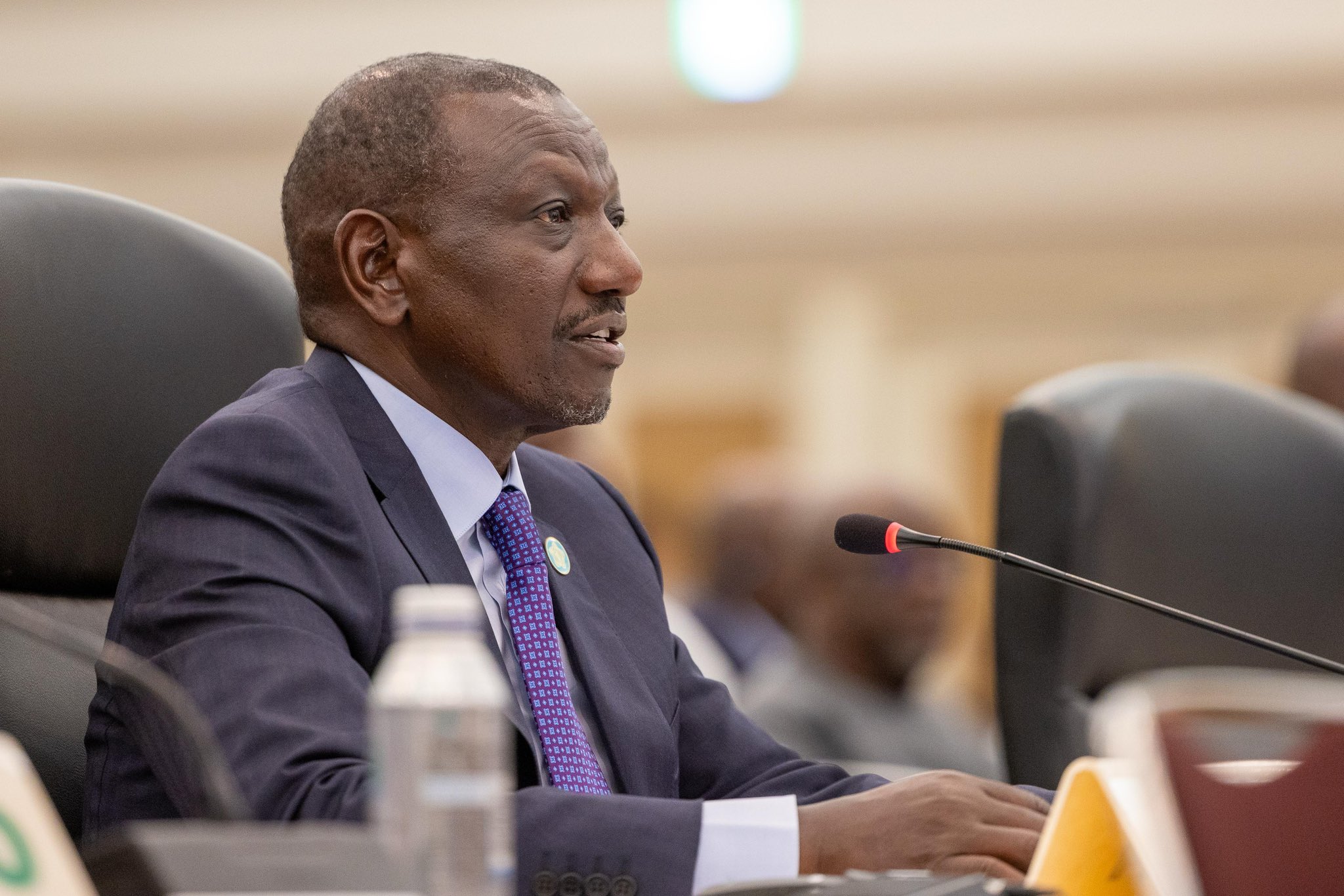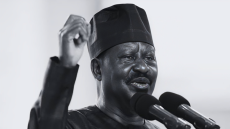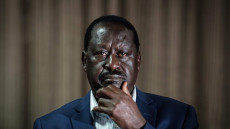- Dr. Ndonye noted that President Ruto is likely to give up on the fight if he intends to secure reelection in 2027. According to him, “At the end of it, as long as Ruto wants to be reelected in 2027, the Legislature will win in this war. That means corruption will win. For Ruto to be president in 2027, corruption must win. There is no going back about that.”
President William Ruto’s recent remarks accusing Parliament of corruption have ignited a a growing political standoff, highlighting evolving strains between the Executive and the Legislature. What began as a bold public statement has now spiraled with MPs seeking to summon the Head of State.
On the Political Oracle a segment of The TalkChat Podcast, political analyst Dr. Michael Ndonye unpacks the meaning, history, and potential consequences of this unprecedented clash.
To begin with, Dr. Ndonye has suggested that some observers may interpret President Ruto’s remarks as a potentially positive shift, possibly signaling a departure from longstanding concerns about presidential overreach into the National Assembly and, by extension, the broader Legislature, including the Senate.
“So, when the President comes out and attacks them, it means they are no longer reading from the same scripts.” Dr Ndonye said.
Dr. Ndonye explained that Kenya has experienced such tensions between the Executive and Parliament in the past, but such standoffs have rarely lasted for long.
Read More
When asked whether President Ruto’s remarks were a genuine fight against corruption in Parliament, or could they be a political strategy, Dr. Ndonye said, “That is where it starts. Politics at the beginning, politics at the middle, politics at the end.
He further explained that when a head of state fights corruption within the political structures, it is said to be political.
“When a head of state fights corruption within political structures, it is often dismissed as politics. However, when the same effort is directed at economic structures that are free from political interference, it is usually regarded as a genuine move,” Dr Ndonye noted.
Dr. Ndonye, however, said that when President Ruto stated that Parliament is taking bribes to pass some bills and to favor certain policies, he was not speaking about anything new.
According to Dr Ndonye, president Ruto was simply voicing what is already known in the public domain.
“He is just speaking what we know and he is at the right position to do that,” he said.
Additionally, Dr. Ndonye noted that President Ruto’s move was long overdue—something he should have addressed much earlier—but even so, it is bound to have implications.
Responding to whether it is realistic for MPs to push for the Speakers of the National Assembly and Senate to summon President Ruto to substantiate his corruption claims, Dr. Ndonye said that it is likely to happen because the members of parliament will want to use their power to intimidate the president.
"They have the power to impeach the president. So, to silence him on corruption, they will threaten to impeach him,” he said.
Dr. Ndonye noted that President Ruto is likely to give up on the fight if he intends to secure reelection in 2027. According to him, “At the end of it, as long as Ruto wants to be reelected in 2027, the Legislature will win in this war. That means corruption will win. For Ruto to be president in 2027, corruption must win. There is no going back about that.”







-1760431543-md.jpg)




